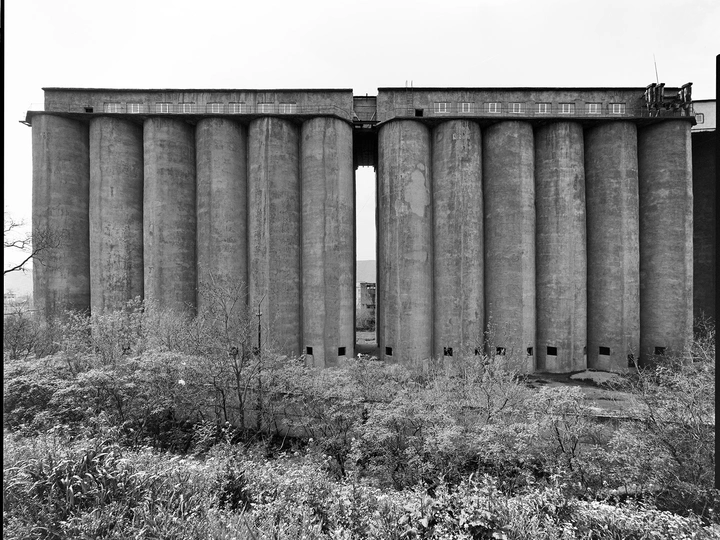Reimagining Silo Tbilisi

Natalia Nebieridze
Salome Tabatadze
Industrial Heritage Team Tbilisi is an interdisciplinary group of architects, researchers, and cultural practitioners exploring spatial memory and collective transformations through the study of former industrial sites across Georgia. The research of the Industrial Heritage Tbilisi was initiated by Natalia Nebieridze and Tata Gachechiladze within the architectural practice MUA Architecture & Placemaking, with a shared interest in documenting and studying forgotten industrial sites. During the second stage, Silo Tbilisi-Salome Tabatadze has joined the team, contributing her expertise and deepening the research's interdisciplinary approach.
Our work focuses on neglected infrastructures and functional monuments, spaces that once held logistical, social, and material significance. Through design strategies, archival research, and public engagement, we explore how these structures can be reinterpreted and adapted for contemporary needs without erasing their historical logic.
We operate collectively across architecture and urbanism, contemporary art, and blend spatial analysis with an anthropological observation. Our interest in adaptive reuse is not only technical, but also conceptual, political, and cultural. It is about recognizing existing spatial intelligence, revealing layered histories, and proposing grounded alternatives to top-down transformation.
Our recent collaboration is Silo Tbilisi, a project that reimagines a Soviet-era grain silo through research, workshop, and site-specific installation. With keen interest in representing the silo’s cultural value and proposing adaptive reuse strategies that challenge dominant models of speculative development.
Silo Tbilisi is a research-driven project that rethinks a forgotten grain silo as a functional monument rooted in the city’s industrial, social, and spatial memory. Built in the Soviet times, it was part of the city’s agricultural logistics, rational in structure, monumental in presence, and well connected to urban life. After the collapse of the soviet system, the building has been in the hands of several private owners. Today, it stands unused yet structurally stable, but the current owner plans to demolish the building and use the site for a residential high-rise, overlooking its cultural and architectural significance.
The project resonates with the urgency of asking how such structures can be transformed without erasing their history or spatial intelligence. The Silo is approached not as a blank slate but as a modular, rhythmic, materially precise entity. Through documentation, archival research, urban analysis, and design, the project explores adaptive reuse strategies grounded in the building’s original logic.
The project initially began together with the MUA team, through a workshop within the V4 program led by Slovak partners Malý Berlín. Selected students and young professionals explored the silo’s history and materiality. The workshop was finalized as a short-term exhibition at Mutant Radio, featuring a large-scale model as a temporary installation. Alongside architects, artists, and researchers, documentary filmmakers are producing a film tracing the building’s past and evolving future.
As an interdisciplinary group, our interest lies in developing a broader vision and a layered methodology that bridges design, observation, and critical inquiry - asking not only what the silo could become, but what it already is: a memory, a monument, or an undefined resource for adaptation. Within the LINA community, we see strong potential for exchange and collaboration to build on the Silo Tbilisi project and position it as a reference for future practices.